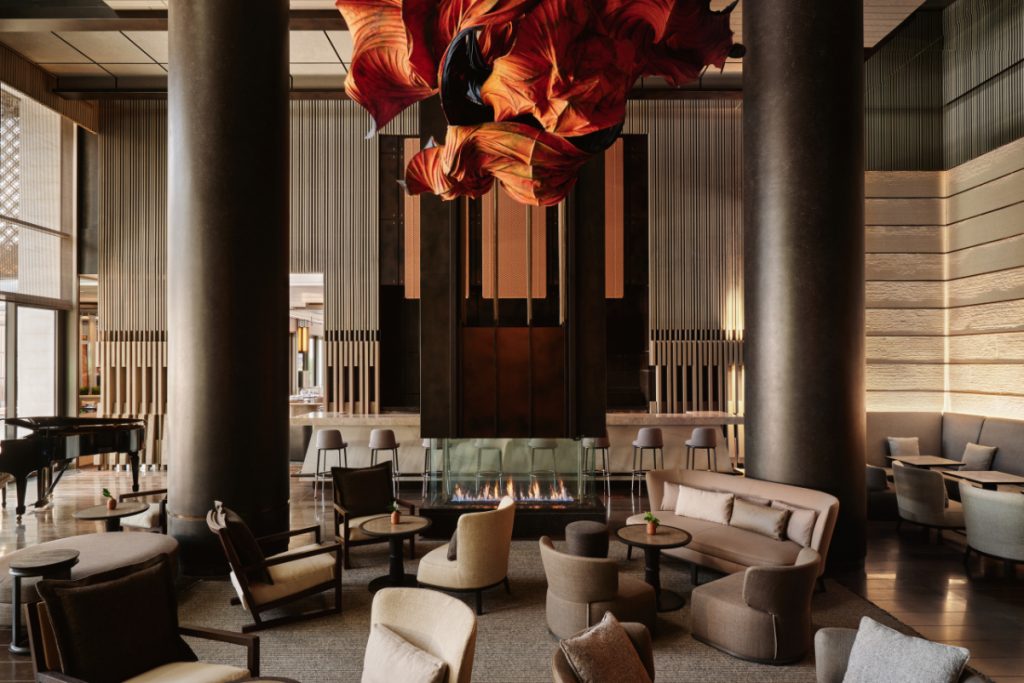Michelin recently announced its top picks for hotels in the U.S. using its new hotel “key” system. Only a limited number of hotels across seven cities were selected, including cities such as Atlanta, Chicago, Miami, New York, Orlando, Tampa, and Washington, D.C., as well as locations in California and Colorado. While Michelin already lists around 1,000 hotels in the U.S. as recommendations, these 124 hotels are the first to receive the higher commendation of “key” awards. Hotels in New York and California were particularly successful, sweeping the coveted three-key category.
The hotel ratings from Michelin include various distinctions, with two keys representing “exceptional” hotels and one key indicating notable establishments. One of the hotels to receive a one-key rating is Riggs Washington, DC, a luxury hotel housed in an 1891 Romanesque Revival bank building. The recognition from Michelin is expected to elevate the hotel’s status internationally and increase customer interest. The general manager of Riggs Washington DC expressed that being recognized by Michelin along with longstanding revered hotels like the Hay-Adams will help motivate the team and attract guests from around the world.
It was reported that Atlanta’s tourism marketers had paid $1 million over three years to encourage Michelin to review restaurants and help promote selected establishments in the city. However, Michelin clarified that their partnerships with tourism boards, including Visit California and Visit Florida, are focused on promoting destinations as gastronomic centers of excellence and do not influence their selections. Michelin’s international director emphasized that the organization does not have a pay-for-play business model, and partnerships with tourism boards do not impact their assessments of restaurants or hotels. Michelin’s inspectors are all staff members who fully pay their way for meals and hotel stays, ensuring independence in their evaluations.
Unlike some other hotel award organizations that offer consulting services or charge fees to influence awards, Michelin maintains a strict policy of independence. Michelin does not engage in consulting or accept payments that could potentially compromise the integrity of their assessments. The content of the Michelin Guide is often used by destination marketing organizations to promote their areas, but this promotional aspect does not impact the selection or assessment of hotels. Michelin’s commitment to unbiased evaluations and transparency in their processes distinguishes them as a trusted authority in the hospitality industry, providing valuable recognition to deserving hotels without compromising their integrity.


